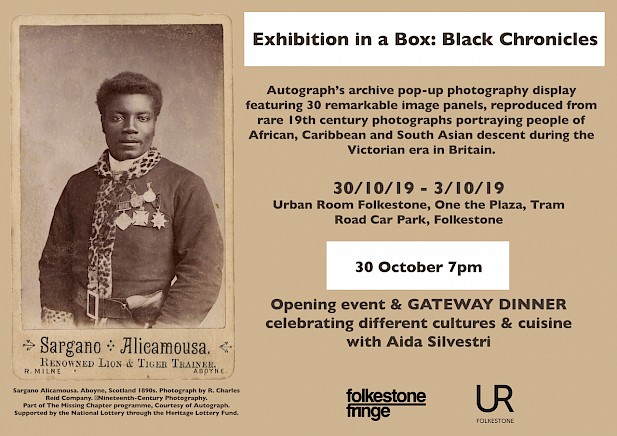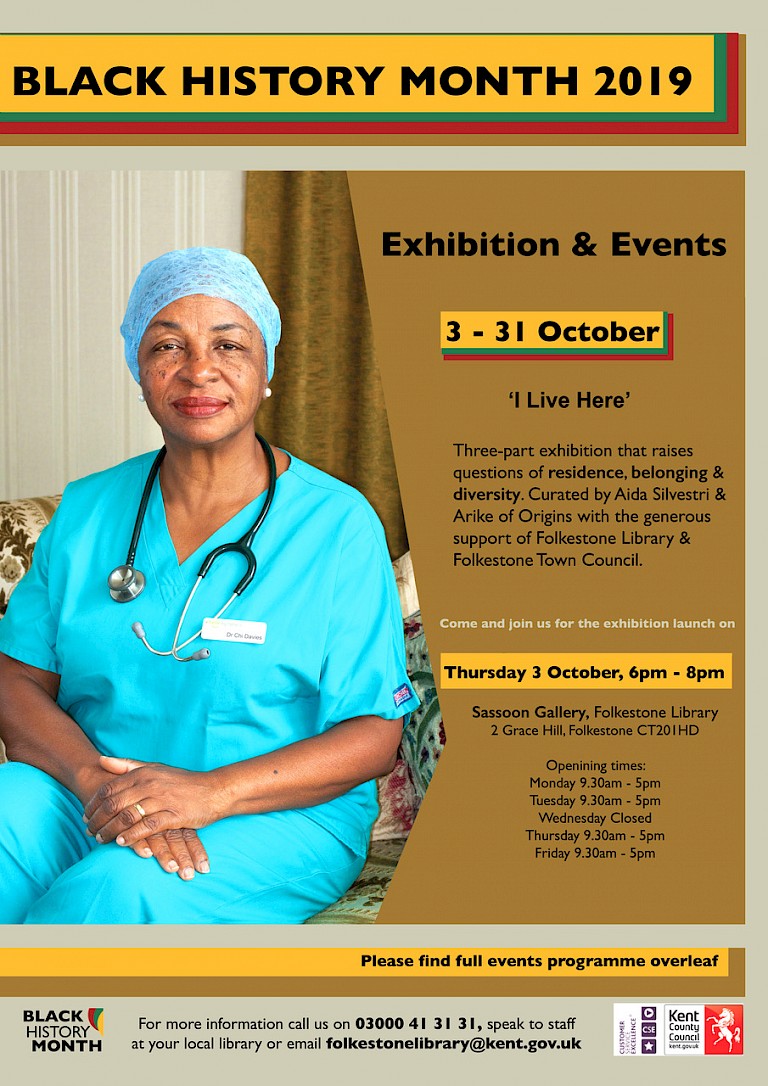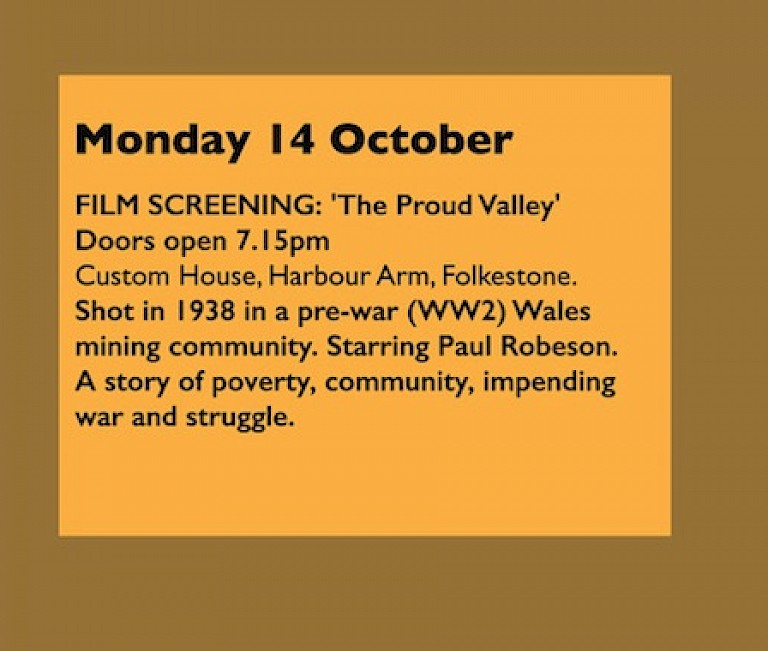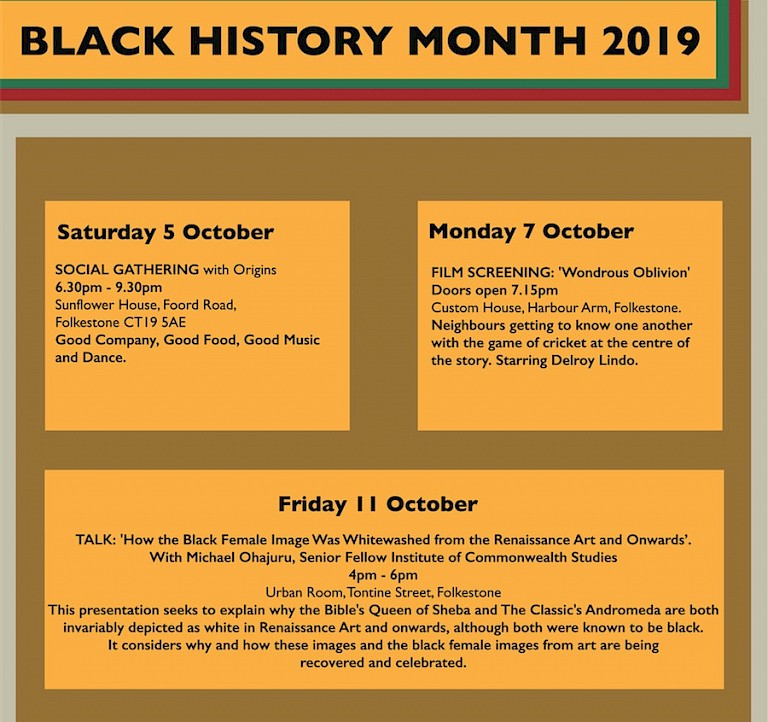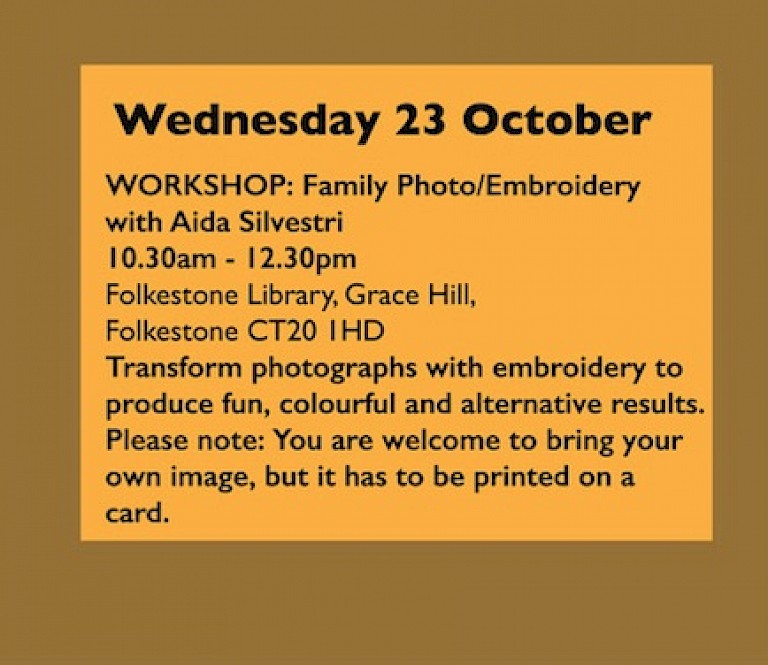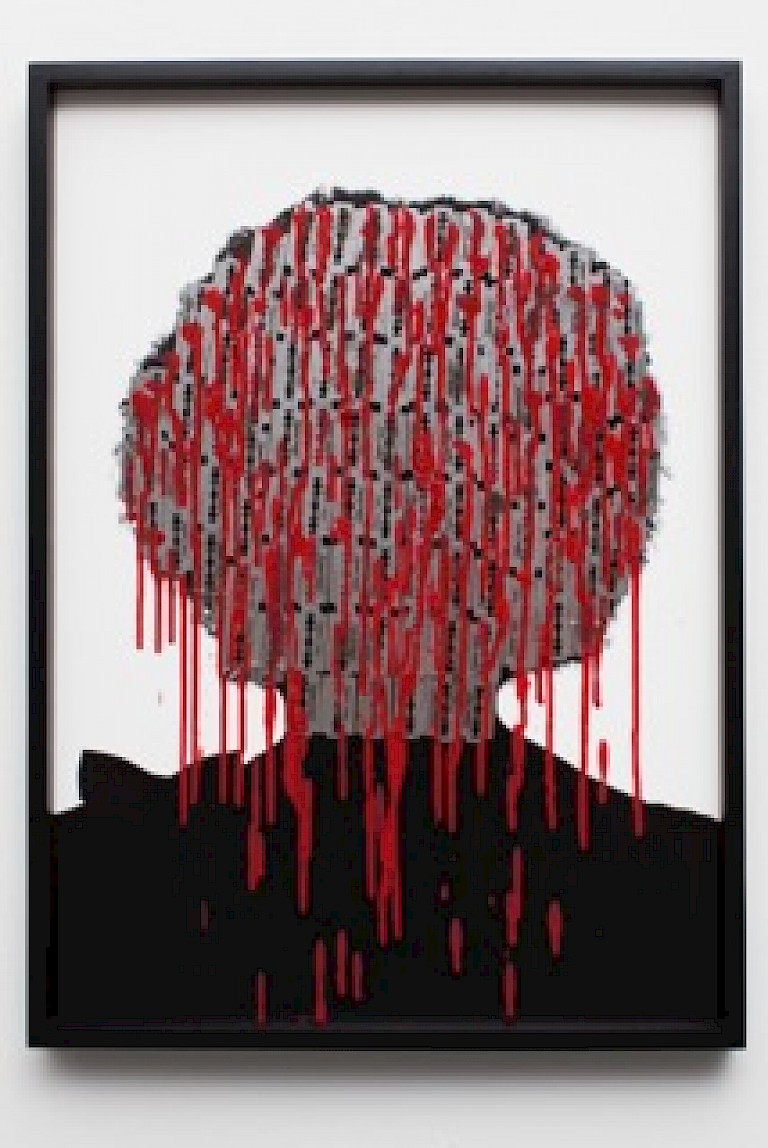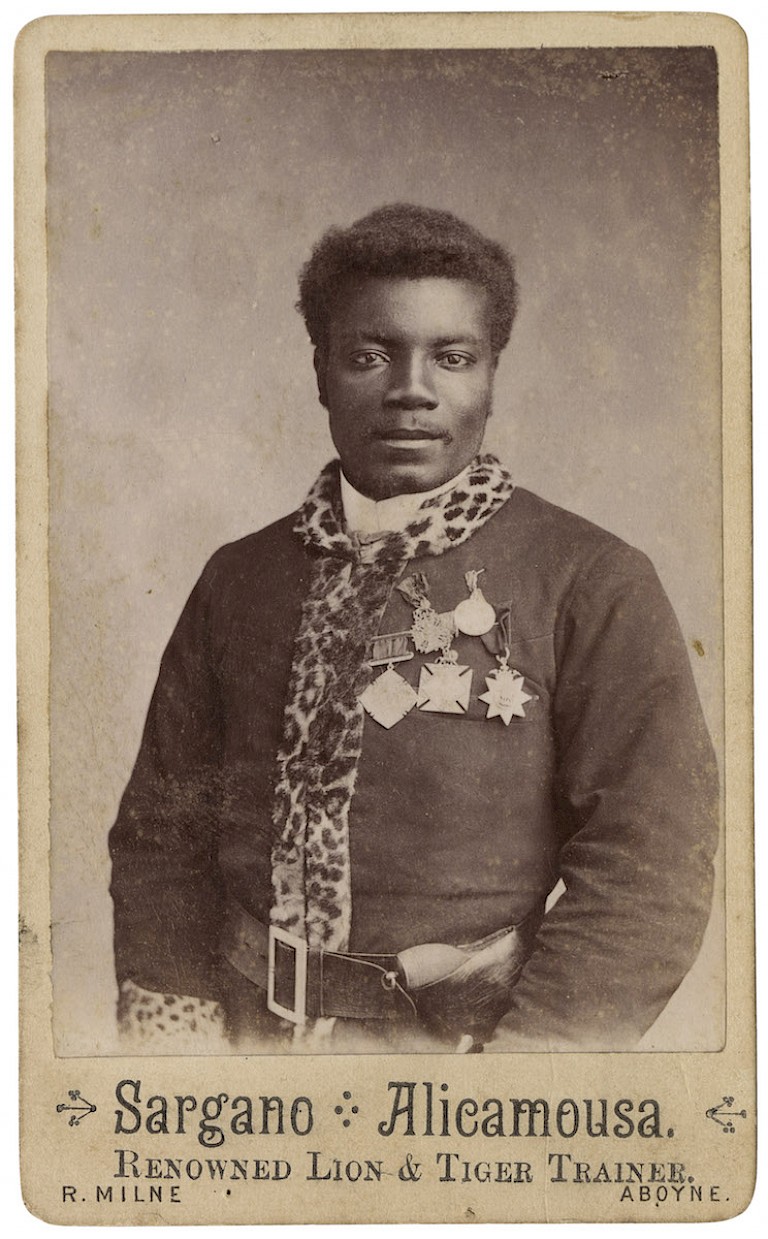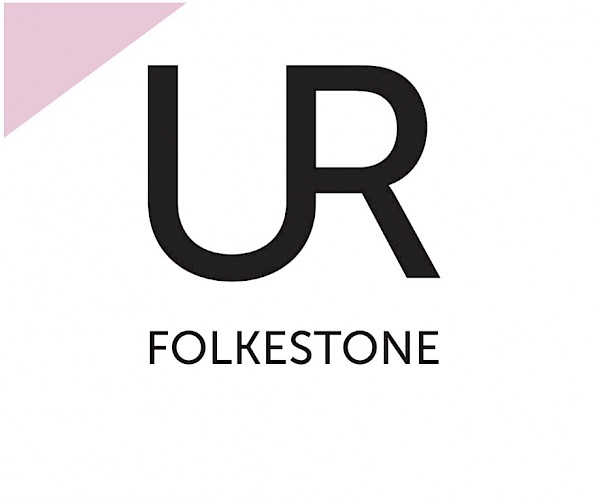

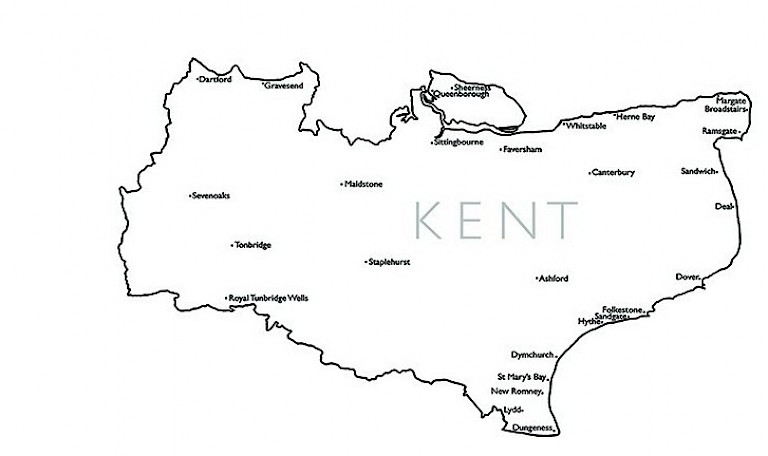
Aida is a UK based artist who creates work concerning the sensitive issues of culture, ethnicity, identity, health, politics and the urban landscape. She holds a BA (First Hons) in photography from the University of Westminster, London. She has experience of coordinating photo-shoot sessions, running workshops and public speaking on these issues. Her work explores new and unique approaches to documentary photography to raise awareness, give voice to voiceless and to promote acceptance within communities.
Aida has had work shown in London at Autograph ABP, Photographers’ Gallery, Saatchi Gallery, Roman Road Gallery, Mall Gallery and abroad in France, Greece, Luxemburg, Taiwan and Reunion Island. She was voted one of the British Journal of Photography’s two Best of Show Winners at the Free Range exhibition, London in 2013. She has won the Festival Audience 2017 Award Circulation(s) and was shortlisted for the 2017 Arendt, European Month of Photography awards.
The last Civic Lunch hosted by artist Aida Silvestriat Urban Room Folkestone, titled- The influx of internal migration to Folkestone and its surroundings. Over lunch,those involved shared the journey's they had taken to find themselves in Folkestone & the reasons why they have chosen to make this place their home. With chat about our feelings to the overheard discussions towards the 'DFL's' as well as being an ethnic minority, we interpreted Folkestone through the implications of it being a place where people moved to, moved away from, stopped off at or had travelled from a long way to. In tackling conversations about racial abuse in the town, we discussed migration alongside race in particular. In seeking a safe space to first and foremost simply talk about such experiences- whether educationally, socially, academically etc- she had found to be particularly difficult when she first moved here. The conversation then developed by asking how could posing such questions or conversation via integrating communities be pursued? And, where would these initial conversations take place- in a shop, street, school or pub in light of imagining the future of Folkestone as harmonically diverse?
Aida very much feels part of the community now, yet has made it her motive to focus on minority groups, and new arrivals, that have shared experiences/concerns with her about racial remarks across the town. By fundamentally having/constructing these safe spaces first she argues, will facilitate in the starting of these conversations.
For this, Aida presents...
Why Folkestone?
A question that newcomers to Folkestone are asked frequently. This project aims to create a new photographic narrative of a town that is changing demographically. It also aims to start difficult conversations around the idea of home, belonging and the implications of migration and the local communities in Folkestone. It hopes to push boundaries by bringing together different groups of people who generally don’t have much, if any, association with each other in a gallery space to promote integration, acceptance and coexisting.
This project will encourage diverse groups of people to take part in different activities and enable their voices to be heard.
A new exhibition for Platforma 5. Presented alongside her previous project Even This Will Pass, work depicting the journeys and experiences of Eritrean refugees into the United Kingdom.
17 - 27 Oct 2019 | *see poster below*
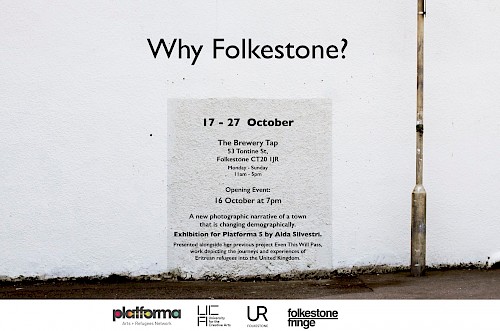
Upcoming Events: *see surrounding posters*
Aida's work-titles will feature as part of the programme for Black History Month - starting Wednesday 03 October 2019.
Weds 30 Oct 2019 - Sun 3 Nov 2019
Autograph’s archive pop-up photography display featuring 30 remarkable image panels, reproduced from rare 19th-century photographs portraying people of African, Caribbean and South Asian descent during the Victorian era in Britain.
Part of The Missing Chapter project, which aims to bring together a distinct body of photographs that showcases diverse ‘black presences’ in Victorian and Edwardian Britain, offering a unique portrait of black lives and migrant experiences during the decades following the birth of photography in 1839.
They portray a diverse range of people living and working in Britain at the time, from politicians to performers to servicemen and women. Their collective presence bears direct witness to the nation’s colonial and imperial history, and the expansion of the British Empire during the 19th and 20th Centuries.
These portraits reveal an important, complex black presence in Britain before the SS Empire Windrush steamship arrived in 1948, which is often cited as a key moment in the emergence of a multicultural British society.
Photographed in commercial studios in the latter half of the 19th century, many lay buried deep within the archives for decades, unseen for more than 125 years.
Credits:
Collections represented include Autograph, Hulton Archive (a division of Getty Images), National Portrait Gallery, Royal Collection Trust as well as the private collections of Val Wilmer, Michael Graham-Stewart, Amoret Tanner/FotoLibra and Paul Frecker/Library of Nineteenth-Century Photography.
Part of The Missing Chapter programme, supported by Heritage Lottery Fund.
